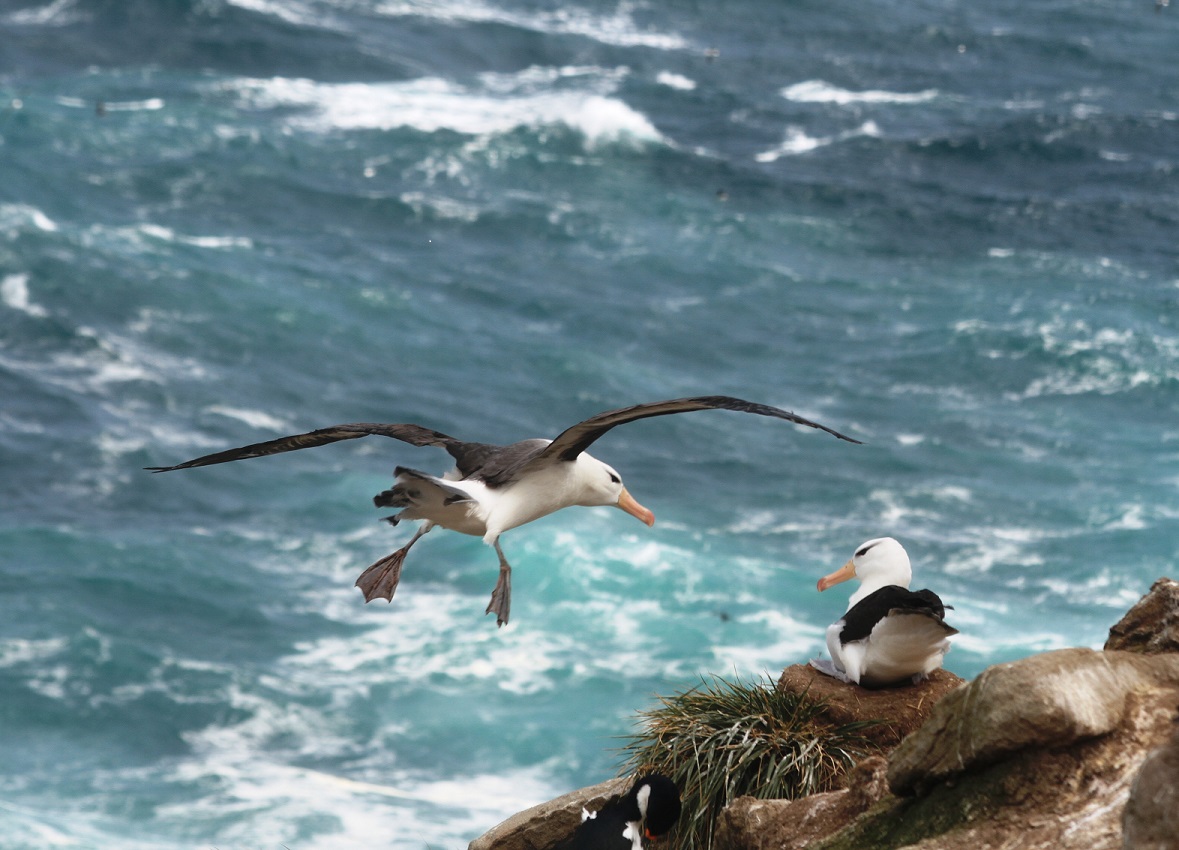
Stephanie Good (Centre for Ecology & Conservation, University of Exeter, UK) and colleagues have published in the journal Endangered Species Research on best practices in assessing and managing seabird bycatch in fisheries.
The paper’s abstract follows:
“Many seabird populations are declining, with fisheries bycatch as one of the greatest threats. Explicit risk criteria should be used to identify whether bycatch is a problem for particular species and fisheries, but these are often poorly defined. A variety of methods are used to determine the risk that a specific fishery is having an unsustainable impact on a seabird population. Up until October 2022, the Marine Stewardship Council (MSC) applied a general semi-quantitative productivity susceptibility analysis (PSA), a tool that has also been used widely by other management agencies for diverse taxa. Given the need to ensure fisheries risk assessments are robust and consistent, we examined how general PSAs perform when applied in 2 situations with good information on both the seabird population and fisheries bycatch rates and compare the outputs with those from 2 accessible and more quantitative tools: potential biological removal and population viability analysis. We found that risk scoring using the previous MSC version of the PSA was less robust and precautionary than using other approaches, given the steep declines observed in some seabird breeding populations. We make recommendations on how to select attributes for species-specific PSAs and, depending on the data available, identify the most appropriate risk assessment method to achieve a given objective. These should help ensure more consistent assessment and prioritisation of seabird bycatch issues, and improved ecosystem-based management of fisheries.”
Reference:
Good SD, Gummery M, McLennan S, Dewar K, Votier SC, Phillips RA (2023) Evaluating the appropriateness of risk-based approaches to assess the sustainability of fishery impacts on seabirds. Endang Species Res 51:161-172. https://doi.org/10.3354/esr01251
4 August 2023

 Español
Español  English
English  Français
Français